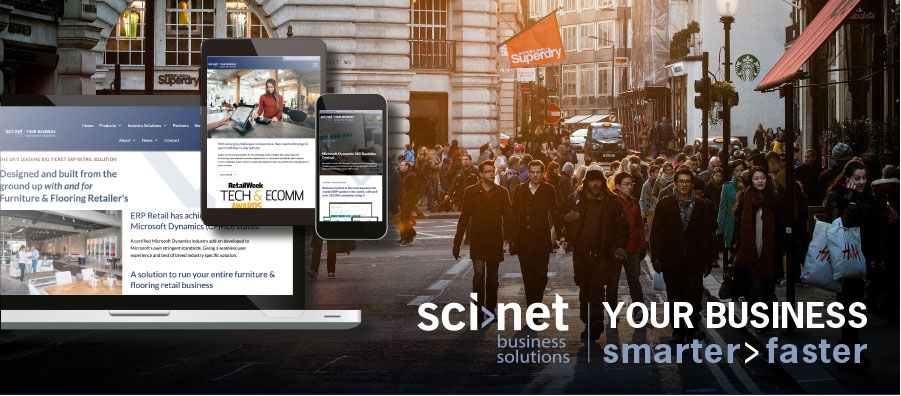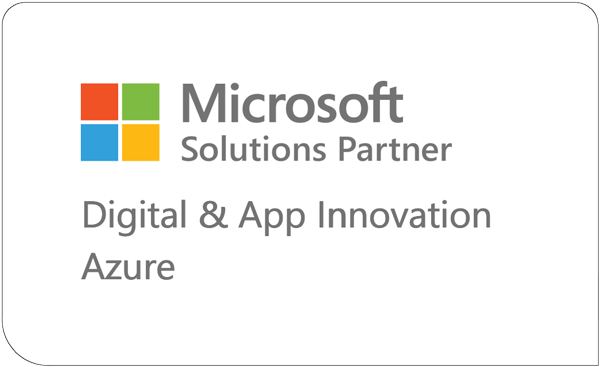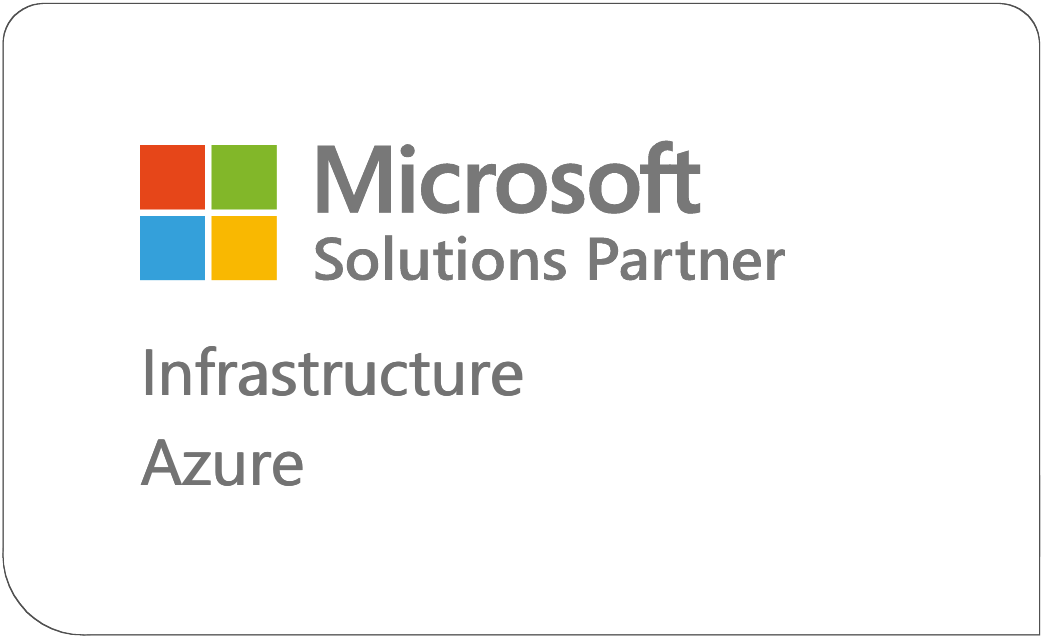Can you relate to these situations? You work with an old and outdated ERP/CRM solution that needs to be replaced urgently. Or you use an older version of a modern solution, and there is pressure to upgrade to the latest version. This is also a great moment to modernise your legacy business processes and fix the broken one, clean up all your data and train your end-users to get more out of the available functionality than in the current system. And yes – with this long-awaited move, a wealth of innovative new technologies all finally comes within reach. After all, you don’t want to miss the boat.
These days, there is a multitude of reasons to create massive implementation projects. And to be honest, every single argument for adding to your project scope can make sense.
For example, customers are often optimistic when it comes to estimating their available time, skill sets, focus and motivation. During the implementation process, it is not easy to stick to the initial plan and implementation projects tend to take longer than expected. These so-called ‘big-bang implementations have caused disruption and sometimes even temporarily paralysed complete organisations in today’s fast-changing world, initial project principles can quickly become outdated.
The conclusion is that vast and long-lasting implementation with a comprehensive and flexible project scope are ineffective. Not rarely, the problems become more significant than the benefits. And the possible disruption of your day-to-day operation can cause a reduction of customer loyalty. Or even worse.
Implementing new software, adapting, and modernising your business processes and creating a fresh, new company culture means an enormous effort for your organization, and it demands a lot from your teams. Mainly because you also have a business to run. So, the alternative for a big-bang approach is to split the project into several smaller steps and to have the discipline to stick to the plan.
A series of smaller project steps delivers numerous advantages. A shorter time to value and the possibility to adapt more quickly to changing circumstances are indeed two.
In today’s fast-changing world, we all must get used to constant change. Change is the only constant. So, you no longer have to implement a perfect ERP/CRM solution that you then use for 5 or 10 years. It’s more effective to consider your digital transformation journey as a process rather than a project. And most likely as a process that is never finished.
Approaching your next ERP/CRM project in this way is an excellent move towards this new way of thinking and working.
Contact the team here at Sci-Net and find out how Sci-Net can help you plan your next project and help you take the next steps in your digital journey. 01869 717425 or email hello@sci-net.co.uk








